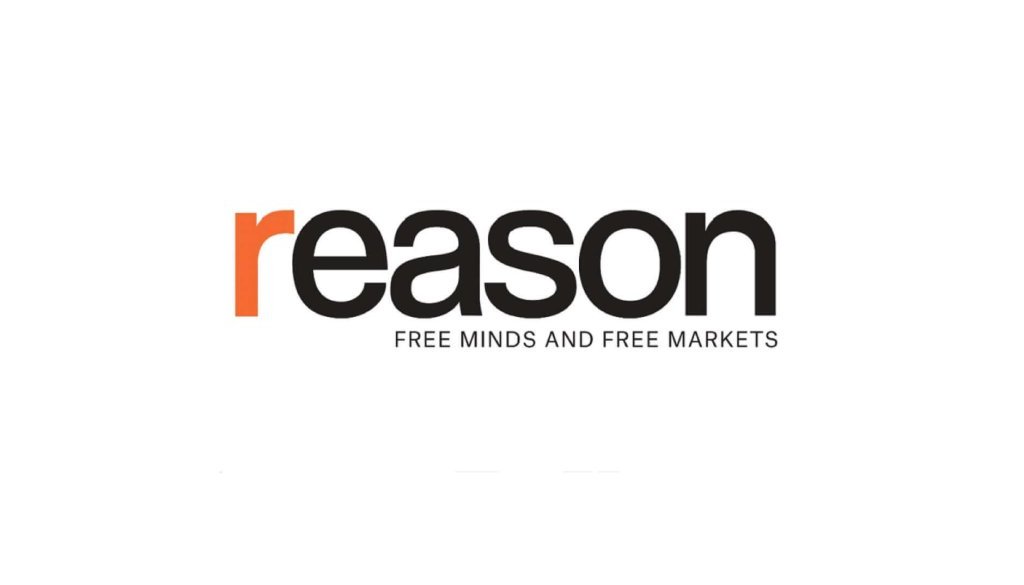Apparent AI Hallucinations in Briefing From Both Parties
That’s a new one on me, from a UK trademark appeal; the plaintiff, who was self-represented, admitted to using generative AI, and the defendant’s lawyer was strongly suspected of so doing:
8. At the start of the hearing, I asked Dr Soufian if he had drafted the documents and he said he had drafted it with the assistance of Chat GPT. I pointed out the numerous errors in the citations and problems with the skeleton and he politely apologised and did so unreservedly. Before moving on, it is worth noting that most of the skeleton produced by Chat GPT was made up of arguments purportedly relating to the evidence in the case. However, the factual issues highlighted were largely not relevant to the issues before me and the proposed arguments were not very helpful. In other words, even aside from the fabricated citations, the output of Chat GPT was in fact unhelpful to him.
9. In the case of Mr Caddy, who is a trade mark attorney, his skeleton argument dated 6 June 2025 included three cases which existed and were correctly cited. But it was unclear to me the cases cited stand for the propositions claimed by Mr Caddy.
10. During the Hearing, I asked Mr Caddy to identify the part of the judgments which supported the propositions made. He said, “I can
Article from Reason.com

The Reason Magazine website is a go-to destination for libertarians seeking cogent analysis, investigative reporting, and thought-provoking commentary. Championing the principles of individual freedom, limited government, and free markets, the site offers a diverse range of articles, videos, and podcasts that challenge conventional wisdom and advocate for libertarian solutions. Whether you’re interested in politics, culture, or technology, Reason provides a unique lens that prioritizes liberty and rational discourse. It’s an essential resource for those who value critical thinking and nuanced debate in the pursuit of a freer society.


![[modern-libertarianism]-–-c-span [modern-libertarianism]-–-c-span](https://libertarianguide.com/wp-content/uploads/384521-modern-libertarianism-c-span-1024x858-394x330.jpeg)

